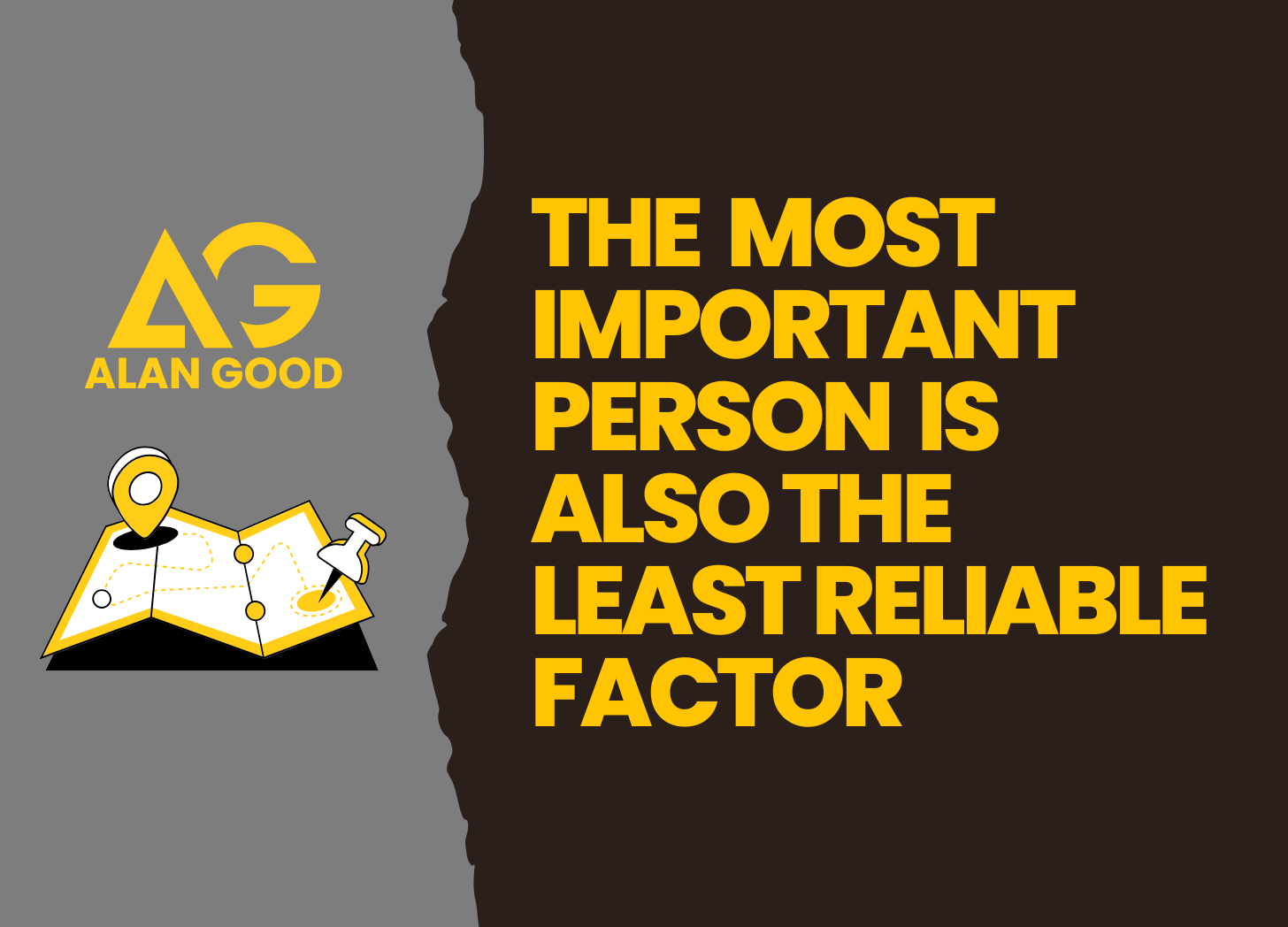How much do coaches matter in recruiting?
They’re a big part of your decision - but not the only part
There’s a reason the NCAA gives you a 30-day transfer window if your head coach leaves or gets fired.
They know this person will likely become one of the most influential figures in your college life. If the fit isn’t right, it could poison your entire college experience.
But here’s the paradox: The coach who recruits you might not be the coach who graduates you.
The uncomfortable truth
I see two recruiting mistakes constantly:
Mistake #1: Choosing a school despite hating the coach, thinking you can tolerate them for four years. You can’t. They control your playing time, development, and set the tone for the team’s culture. It becomes an outsized problem that grates on you every single day.
Mistake #2: Choosing a school ONLY for the coach, ignoring red flags about academics, location, size, or culture. Then the coach leaves after year one, and you’re stuck at a school you never would have chosen.
Why this matters now more than ever
While field hockey coaches typically get a longer leash than football or basketball coaches, job movement is still inevitable.
String together a few losing seasons? Athletic directors start looking for fresh blood. String together a few winning seasons? Other programs come calling with better offers.
Assistant coaches turn over even faster - chasing promotions, head coaching opportunities, or leaving the profession entirely for better pay and fewer weekends on the road.
Look at your target schools:
How many head coaches have they had in the last decade?
Have the assistant coaches turned over multiple times in recent years?
Is the head coach on the hot seat after consecutive losing seasons?
Yet during recruiting, that coach relationship feels like everything. They’re who you talk to. They’re who sells you the dream. They’re who makes you feel wanted. So how should you evaluate them?
What actually matters in a coach
Forget win-loss records. Look for qualities that transcend the sport itself:
The non-negotiables:
Clear, consistent communication
Happy to address their program’s downsides as well as upsides
Genuine curiosity about you beyond hockey
Ability to teach, not just yell
Investment in relationships
Red flags to run from:
Makes promises about playing time
Badmouths other programs
Can’t explain their development philosophy
Current players seem scared or checked out
Former players don’t come back
The test that tells
Here’s the exercise that reveals if you’re choosing correctly:
Picture yourself at this school. The coach who recruited you just announced they’re leaving. How do you feel?
Devastated and want to transfer immediately? You’re choosing the coach, not the school.
Disappointed but still excited about your choice? You’ve found the right balance.
Because here’s what should still be true even if coaches change:
Your academic program still fits
The location still works for you
Your teammates are still your friends
The competitive level is still appropriate
The degree still has value
If none of those things matter without your specific coach, you’re setting yourself up for heartbreak.
Your move
During recruiting, ask every coach: “What happens to the program if you leave?”
Good coaches have an answer. They’ll talk about institutional values, established systems, and recruiting philosophy that transcends any individual.
Coaches who make it all about them? That’s your warning sign.
The brutal reality is this: You’re not just choosing a coach for four years. You’re choosing a school, a community, and a launching pad for your future. The coach is part of that equation - an important part - but not the whole equation.
Choose the school where you’d thrive regardless of who’s in charge. Then let a great coach be the bonus, not the basis, of your decision.
Because programs are bigger than people. And your college experience is bigger than field hockey.


